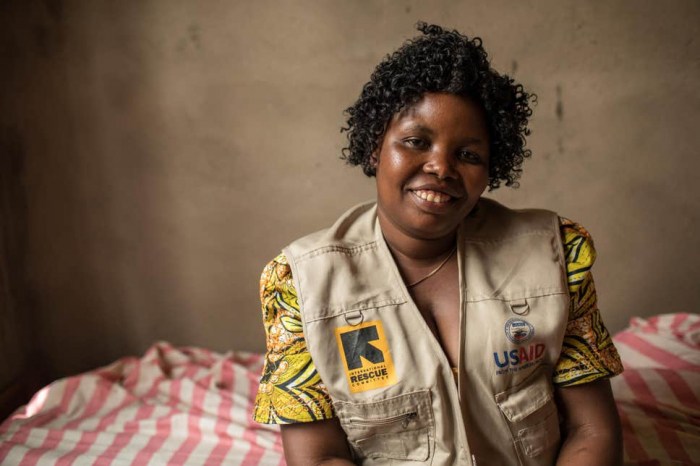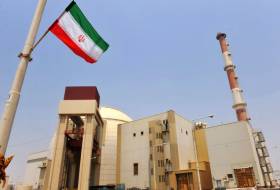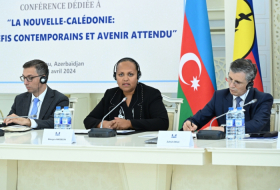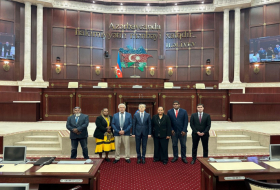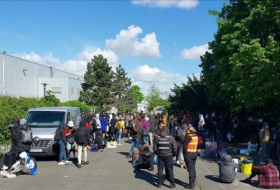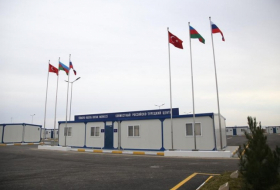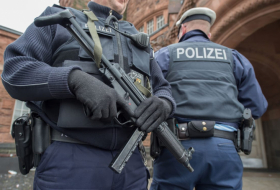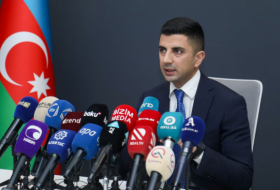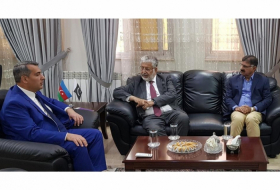The 42-year-old farmer has survived Ebola herself and is living in the focal point of the Ebola crisis which has wreaked havoc in the Democratic Republic of Congo and prompted the World Health Organisation to declare a “public health emergency of international concern” in the central African country.
Ms Kahindo lives in Beni – a city in the north eastern part of the DRC which experts on the ground describe as the “current epicentre” of the outbreak and where the majority of confirmed cases are coming from. Ebola has been in Beni for almost a year now.
“Blood started coming out of his body,” she told The Independent. “They brought him to the hospital but there was no cure. I caught the illness because I was looking after him. I started vomiting and had a headache and flu. I felt so sorry for myself. But I went to the hospital in time to be cured.”
“I was really sad because he was the only son I had. Sometimes when I remember everything that has happened, I start burning. Ebola attacks more women than men because women are more compassionate. Most of the time, if a baby gets sick, it is the woman who brings her to the hospital. Women spend time with children here.”
Ms Kahindo said Ebola has damaged trading and profits in the region – explaining people are not buying as much due to the disease. She also explained Ebola survivors, such as herself, face a great deal of stigma within the community.
“People are somehow afraid when they look at Ebola victims even though they are survivors," she added. "They believe I can contaminate other people but I can't. People talk a lot. It is a close-knit community. Especially when they take someone from their home to be an Ebola Treatment Centre for three weeks. People know where you have gone.”
The World Health Organisation declared the Ebola epidemic in the DRC a public health emergency on Wednesday – with the director general appealing for the international community to help with funds.
Dr Tedros Adhanom Ghebreyesus said the World Health Organisation was working on a new plan to control the epidemic which would cost “hundred of millions” of dollars.
Kellie Ryan, a spokesperson for the International Rescue Committee’s Ebola Response, estimated the latest death toll for Ebola in the DRC to be 1,698. She said around 12 new cases are reported every day and there have been 2,522 confirmed and probable cases.
She argued women in the country were bearing the brunt of the crisis – with women more likely to get the illness than men due to women being the “primary caretakers” of children, the sick and the elderly, which exposes them more to the virus.
Ms Ryan added: “Gender inequality does have something to do with this. More than 60 per cent of confirmed and probable cases are women. Additionally, because women take care of the home, they have to go out to fetch water more often to keep up with more frequent hand washing practices and rigorous cleaning. This makes them vulnerable to gender-based violence as they travelling by themselves more frequently.
“Survivors of Ebola face stigmatization by members of their community and sometimes even their families. Neighbours might think they are still contagious and will not want to engage with them or let their children play with their children. A woman’s husband might think she can still pass on the disease. The IRC provides survivors with psychosocial support to help them handle these feelings of isolation.”
She said the fragile security situation makes it harder for herself, her colleagues and others responding to Ebola to do their jobs.
“Due to attacks by armed groups, we are sometimes forced to suspend programming to ensure the safety and security of our staff,” she added. “Ebola is a very complicated disease, and the outbreak is happening in an area and to communities that have faced decades of violence by armed groups. It is easy to understand why the local community distrusts the response. Ebola is a new disease to them, and they can’t understand why a year on, cases continue to rise. There are rumours that health workers are profiting off the outbreak or even brought Ebola to the area themselves.”
Since January, there have been 198 attacks against the health response that have led to seven deaths and left 58 healthcare workers and patients injured. Clinics and treatment centres have been torched.
The current outbreak in the eastern part of the DRC started back in 2018 and is the tenth to hit the country since 1976 when the virus was first discovered. It is the second biggest Ebola outbreak, after the west Africa epidemic which saw 28,616 cases of disease and 11,310 deaths reported in Guinea, Liberia and Sierra Leone between 2014 and 2016.
The crisis has come to a critical point since the first case of Ebola in the eastern city of Goma was confirmed earlier in the week. The city of two million people is a major transport hub on the border with Rwanda – with transport links to the broader region.
Kaswera Flourine, a 45-year-old, had six children but two died. While one died from malaria, another died from Ebola. Ms Flourine was among one of the first people to get Ebola from Mangina – a city in North Kivu province.
“I went to hospital because I had malaria but then the nurses contaminated me with Ebola while looking after me," she said. "I was afraid because I noticed lots of people were dying from Ebola. I knew it was rare to recover. I was in a coma for three weeks. When I woke up from the coma, I was still sick. Other people thought I had died, I had come out to talk to people to show I was alive.”
Kavira Desange, who is 57, had eight children but now has just six due to one dying of poison at the age of seven and the other dying of a stomach ache and different diseases.
Ms Desange contracted Ebola while looking after her daughter-in-law who died after getting Ebola.
“After three days, she passed away,” she said. “My daughter-in-law had a baby but she was not contaminated because she refused to take care of the baby. After finishing the burial ceremony, I returned to Beni to go home but the symptoms started. I began to have a cold, a cough, and get influenza. After some days I started having diarrhoea.”
She went to the hospital where they tried to place her in an Ebola Treatment Centre but she ended up going home because she was scared. However, once home, her symptoms got worse. The hospital staff came to get her to take her to the centre where they gave her medicine.
“I was a farmer before getting sick but now I care for people who have Ebola because I am immune to the disease,” she added.
The Independent
More about: DRC








